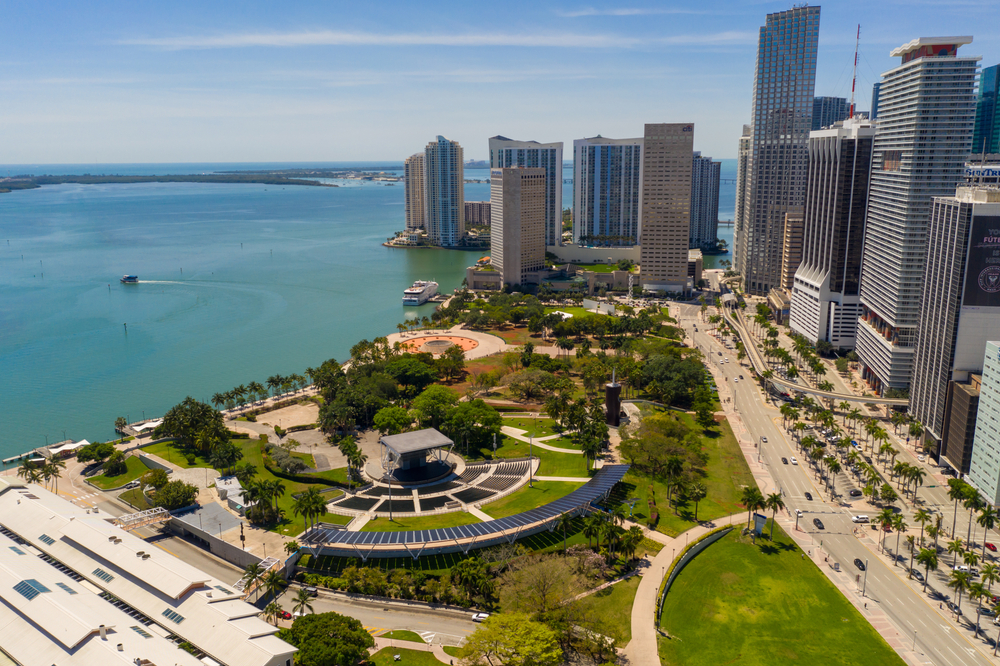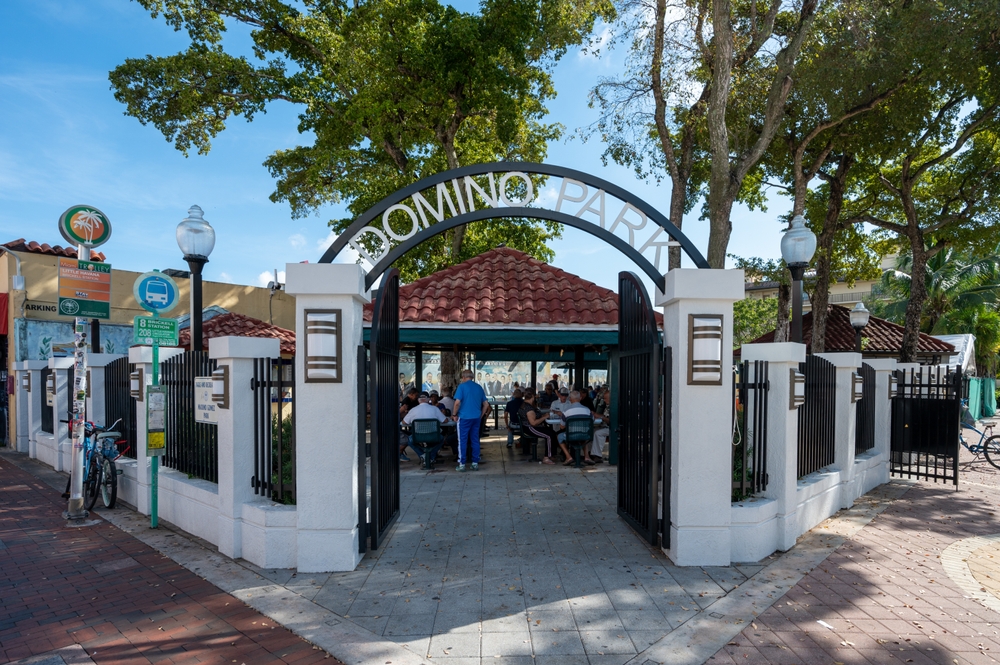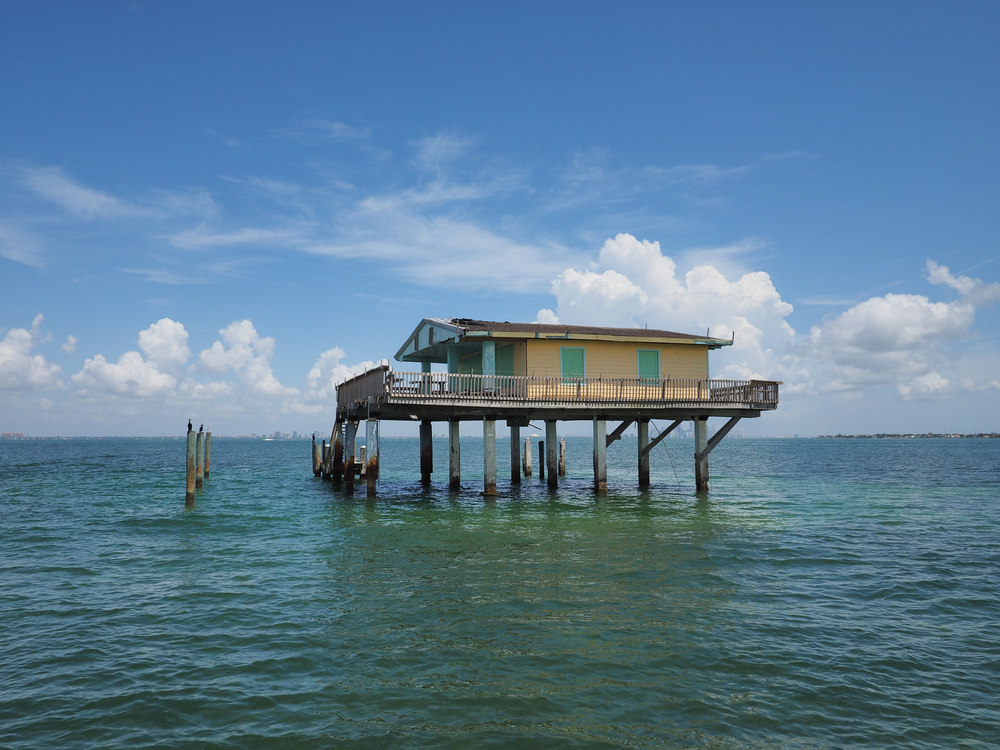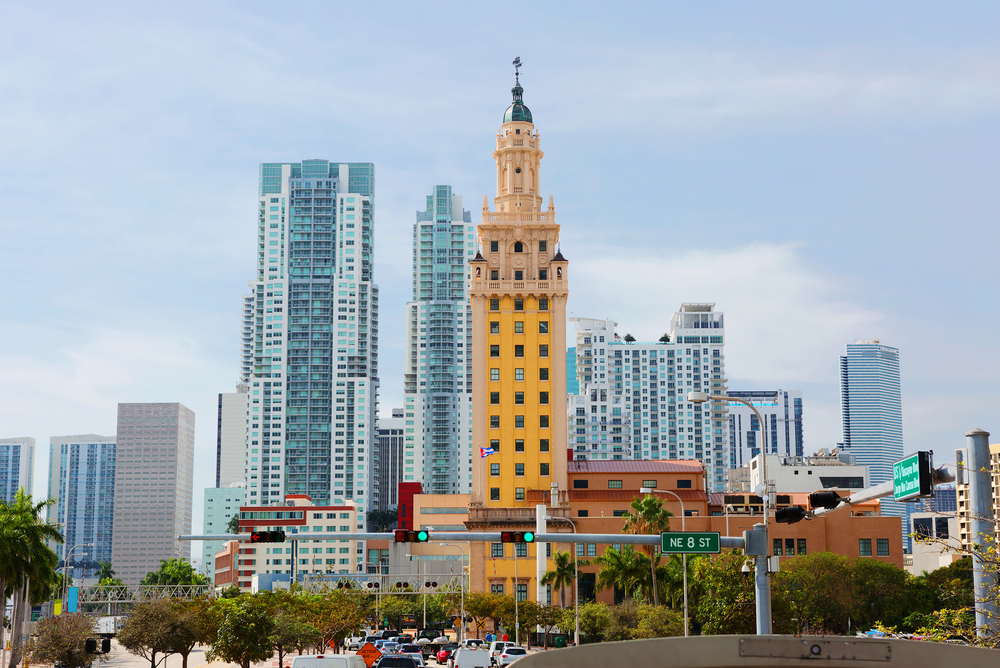The Freedom Tower in Miami, Florida, is a historic building known for its distinctive architectural style and its important role in the history of Cuban immigration to the United States. Located at 600 Biscayne Boulevard in Downtown Miami, this iconic structure serves as a powerful symbol of the Cuban-American community’s journey and resilience.
Historical Background and Architecture
Construction and Early Usage
The Freedom Tower was originally completed in 1925 and was designed by Schultze and Weaver, the architects behind other notable buildings such as the Waldorf-Astoria in New York City. Its design is heavily influenced by the Spanish Renaissance style, featuring a richly decorated façade and a striking cupola. Originally, the building served as the headquarters for The Miami News, a major local newspaper.
Role in Cuban Refugee Assistance
In the 1960s, following the Cuban Revolution, the Freedom Tower took on a new and significant role. It was used by the U.S. government and charitable organizations as a reception center for Cuban refugees fleeing the communist regime of Fidel Castro. From 1962 to 1974, the building was a hub of operations for processing, documenting, and providing medical and administrative assistance to the thousands of Cubans arriving in Miami. This pivotal role earned the Freedom Tower the nickname “the Ellis Island of the South.”
Cultural and Commemorative Significance
Symbol of Freedom and Resilience
For many Cuban-Americans, the Freedom Tower is a symbol of freedom and the hardships endured by those who fled Cuba. It stands as a testament to the pursuit of a better life and the American dream. The tower’s historical significance is highlighted by its designation as a U.S. National Historic Landmark.
Current Uses and Museum
Today, the Freedom Tower is home to the Museum of Art and Design (MOAD) at Miami Dade College. The museum hosts a variety of exhibitions, focusing on contemporary art and design, with a particular emphasis on issues related to social justice, immigration, and the history of the Cuban diaspora. The building also serves as a cultural center, hosting various events, educational programs, and community gatherings.
Visitor Experience
Tours and Exhibits
Visitors to the Freedom Tower can explore a range of exhibits that delve into its historical significance, as well as contemporary art exhibitions that reflect the diverse cultural fabric of Miami. The building itself, with its ornate façade and interior, is a highlight for architecture enthusiasts.
Commemorative Events
The site often hosts commemorative events, especially those related to Cuban-American culture and history, making it a focal point for the community.
Accessibility
Located in the heart of downtown Miami, the Freedom Tower is easily accessible via public transportation, and there are numerous parking options nearby. The building is equipped to accommodate visitors with disabilities.
Conclusion
The Freedom Tower not only enriches Miami’s skyline but also deeply embodies the historical and cultural narratives of the city, particularly the Cuban-American experience. As a monument, museum, and community center, it offers a multifaceted experience that connects the past with contemporary issues, making it a must-visit landmark for those interested in history, art, and architecture. Visitors leave with a deeper understanding of the Cuban diaspora and the broader immigrant experience in America.





